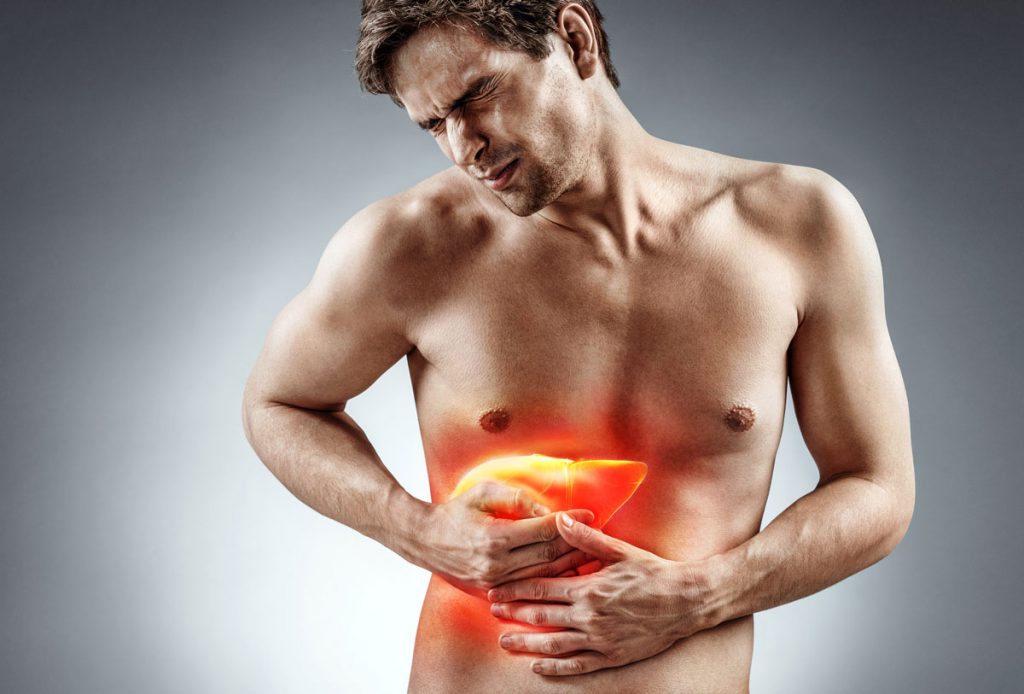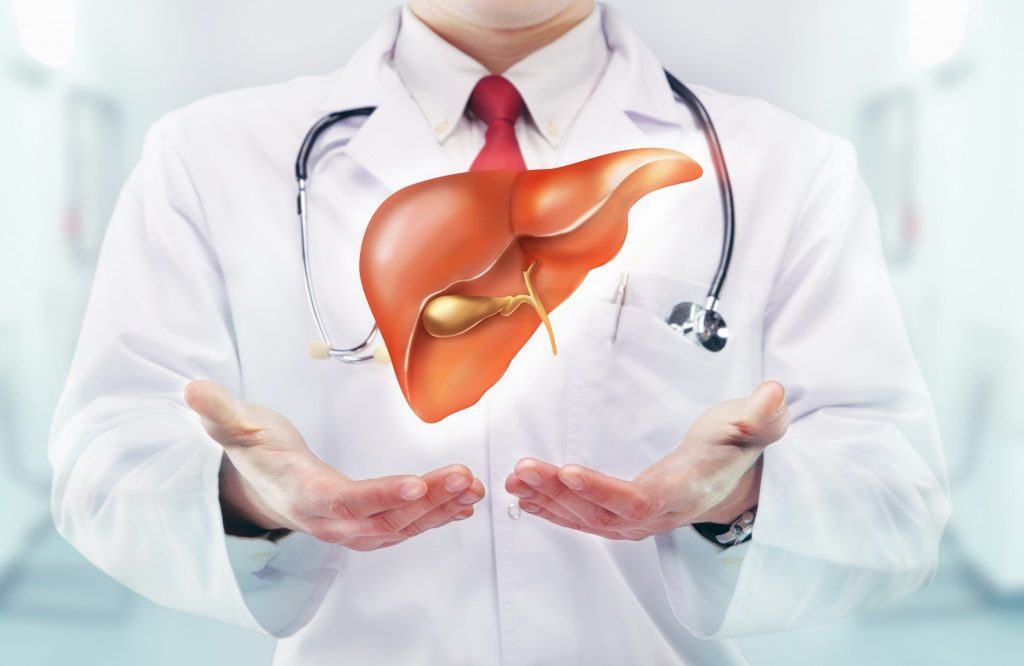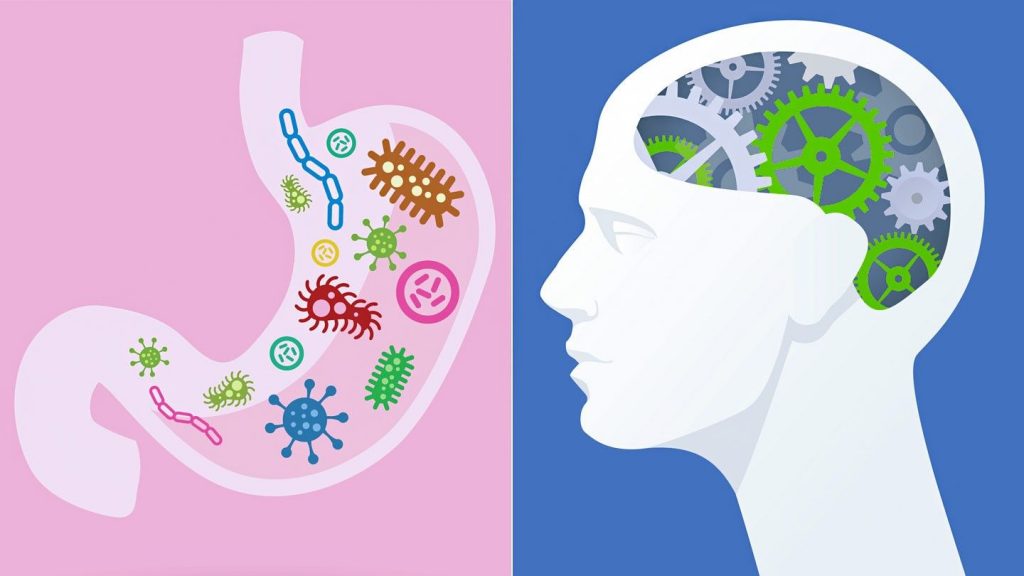Volodkina Elena Vladimirovna
Doctor – gastroenterologist, nutritionist
Experience 12 years
Information
- In 2009 she graduated from RyazGMU im. Academician IP Pavlov with a degree in General Medicine. 2011 – residency in the specialty “Therapy”. In 2011, she underwent retraining in “Gastroenterology” on the basis of the Russian Medical Academy of Postgraduate Education. In 2015 – retraining in the specialty “Nutrition” at the First Moscow State Medical University named after I.I. I.M.Sechenov.
- Since 2012, Elena Vladimirovna has been treating aesthetic problems associated with diseases of the gastrointestinal tract and malnutrition. Patients who are concerned about the quality of the skin, dermatitis, overweight or thinness turn to her.
Education
- Ryazan State Medical University named after acad. I.P. Pavlova (general medicine) (2009).
Refresher courses
- Ryazan State Medical University named after acad. I.P. Pavlova (gastroenterology) (2011).

The task of an experienced gastroenterologist is not only to diagnose the disease and prescribe treatment, but also to give advice on how to prevent the disease in the future. Indeed, most often the disease occurs due to systematic neglect of nutritional rules, and drug therapy in this case will only give a temporary improvement.
When do I need a consultation with a gastroenterologist?
Quite often, with minor symptoms, they do not go to the doctor, but relieve the discomfort with pills. experienced specialists note that self-medication can lead to a complication of the disease, therefore, if the following symptoms appear, we recommend that you consult a gastroenterologist:
Bloating
Heartburn
Bad taste in the mouth – sour, bitter
Bowel problems – constipation or diarrhea
Nausea
Abdominal Pain
Sudden change in appetite (constant hunger, or lack of desire to eat)
Change in Taste
Gastroenterologist consultation
Doctors – gastroenterologists specialize in the following diseases:
- Overweight
- Obesity
- Underweight
- Anorexia
- Gastric dyspepsia
- Chronic pancreatitis
- Chronic cholecystitis
- Reflux disease
- Gastritis
- Gastroenterocolitis
- Dysbacteriosis
- Duodenitis
- Pancreatitis
- Peptic ulcer and duodenal ulcer




